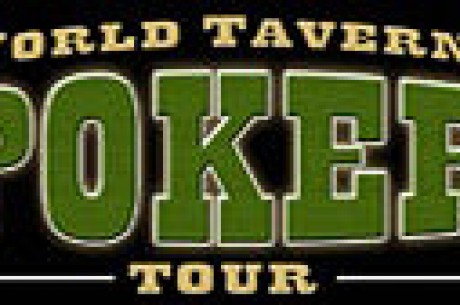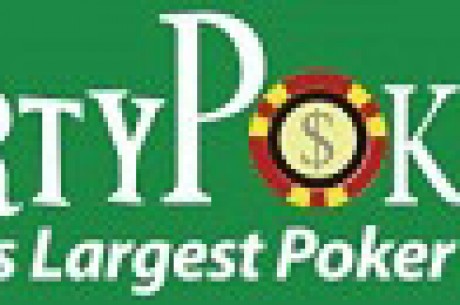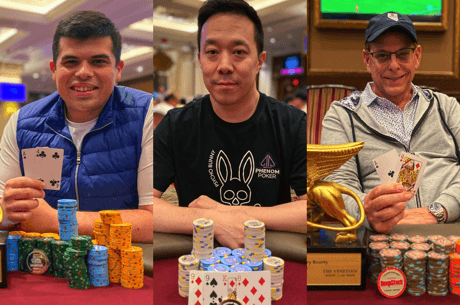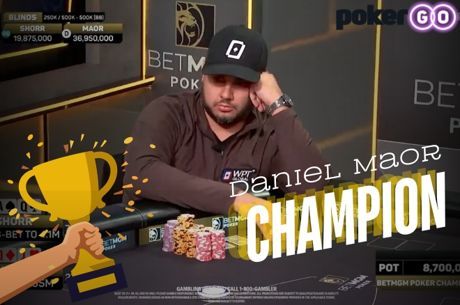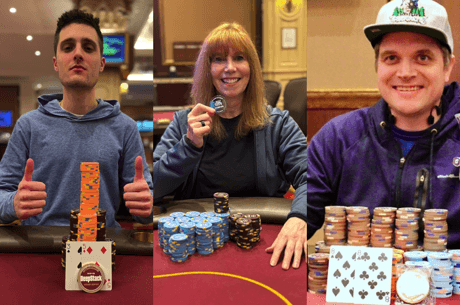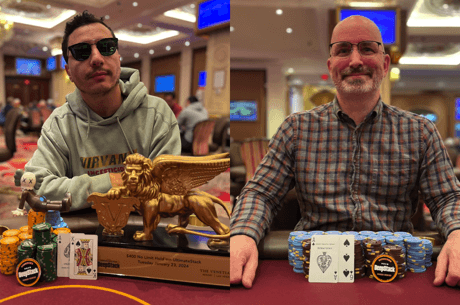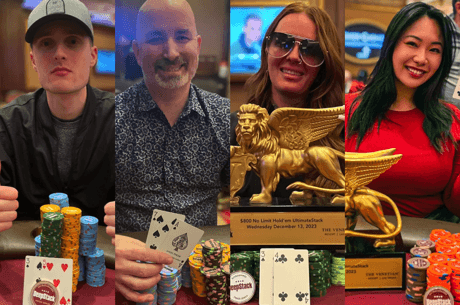Is There A "Professional" Poker Tour?
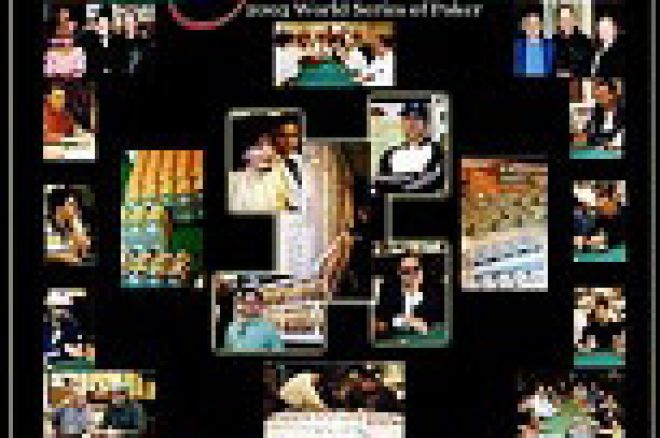
In the first Main Event of the World Series of Poker, the World Champion was chosen by a vote. In those days, the predominant player was Johnny Moss. When Doyle Brunson won his back-to-back World Championships later in the 70's, he actually played to win the title. The number of players he had to work through to get to it was minimal, however, to the number that Johnny Chan had to take out to win his repeat titles.
The last three World Series Main Event winners were all considered "dead money" going into the tournament, with each year setting records for the number of combatants involved. Robert Varkonyi (2002), Chris Moneymaker (2003) and Greg Raymer (2004), while playing great poker and deserving of their championships, were not considered threats to the Harringtons, Hellmuths, and Lederers of the game. All, however, have shown that their wins were not a fluke by continuing to play the game and display the same skills that allowed them to reach the pinnacle of the poker world.
It does lead to a great question, though. Is there truly a "professional" poker tour?
Poker, it seems, has become the new lottery. For anyone who wants to plop down the buy-in, they can sit elbow to elbow and compete with Doyle Brunson, Phil Ivey or Chris Ferguson. With the amount of satellite tournaments available at casinos and online, people can win their way into major tournaments with a minimal expenditure. The days of "a chip and a chair" have never been more true.
I would have to say that there is a professional tour, however. The third season of the World Poker Tour has been dominated by the true professional, with Daniel Negreanu winning two of the events to this date and Brunson and former World Champion Carlos Mortensen each winning big tournaments. The Professional Poker Tour, which are freeroll tournaments based on performance and with a demanding qualification guideline, has taken flight during the World Poker Open at Foxwoods in Connecticut, with John Juanda taking the crown. It takes the money to make the money, as most would say, and it is very true in the world of poker.
For a true amateur to "take their shot," it would take quite a bit. There would be the expense of tournaments, travel, accommodations, and the ability to weather the storms that our poker ships all run into on occasion. There is, as well, that pesky day-to-day living thing that all must take care of as well. Sponsorships are possible, but you have to prove that you are a capable player to earn that sponsor, and most amateurs simply do not have that chance.
Probably the best way to become a professional poker player is to play the way in through the minor leagues; the opportunity to play in low buy-in ($250 to $1000) tournaments is the equivalent of Triple A baseball. You still have the chance to play against some of the best in the game, but, in most cases, the fields are smaller and the profit level just as great as hitting the "home run" of a WPT or World Series championship.
Hopefully, that is something that major tournaments will not move away from. The current WSOP Circuit focuses exclusively on a high buy-in, No-Limit event. The lower level tournaments are a great breeding ground for future poker superstars. It is important as well to keep a variety of games in play; while No-Limit may be the "Cadillac of Poker," there is just as much enjoyment and challenge in Omaha, Limit, Seven Card and Razz. It is very important to keep those games active as well, lest the participation level plummet for the other thirty two events of the World Series with everyone focusing on the Main Event.
It is true that there is a professional poker tour. Getting there may be difficult, but with the work will come the rewards.

